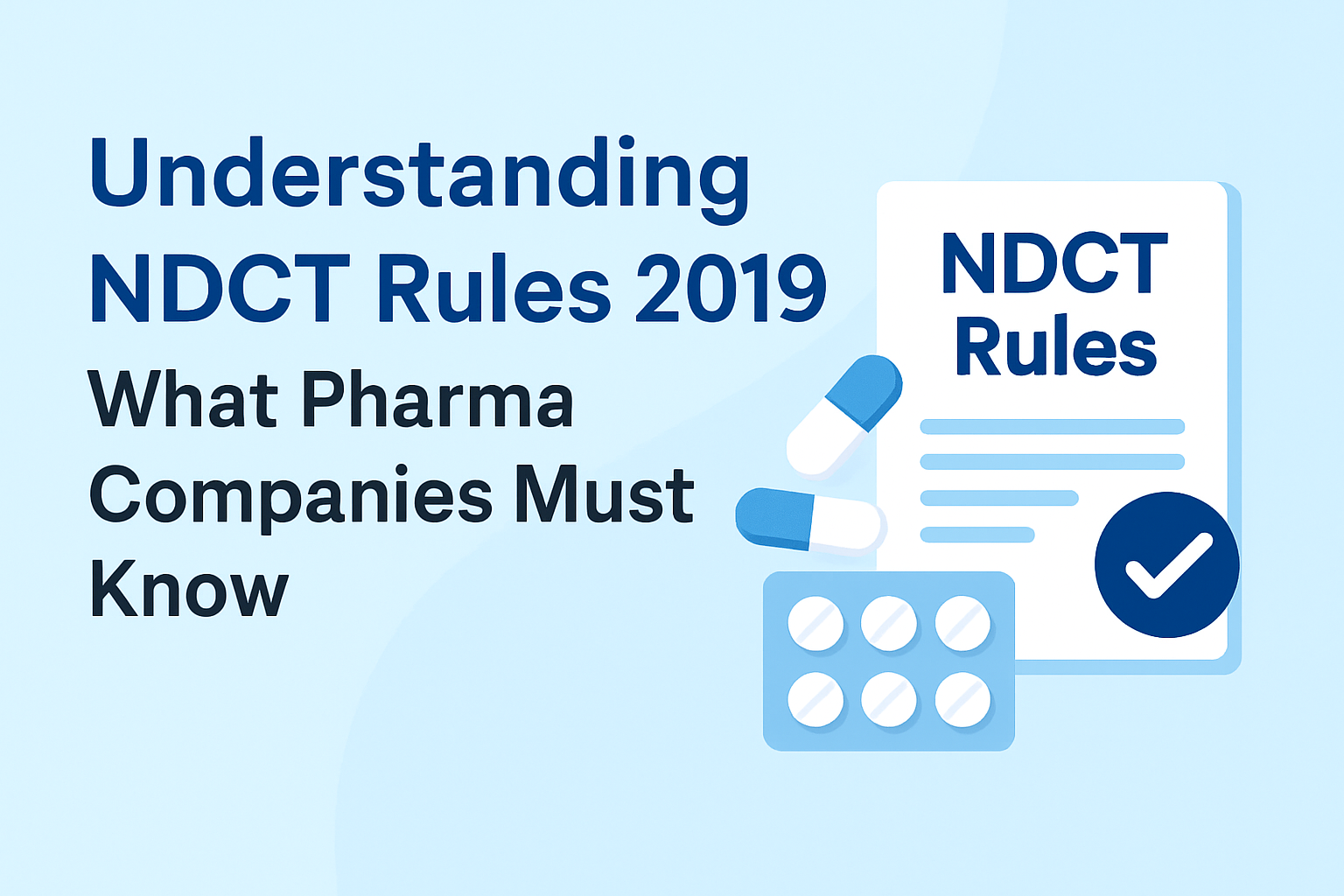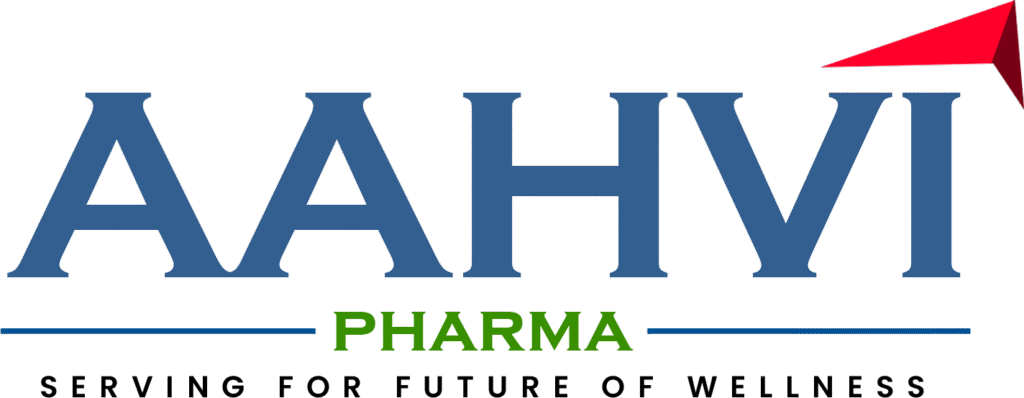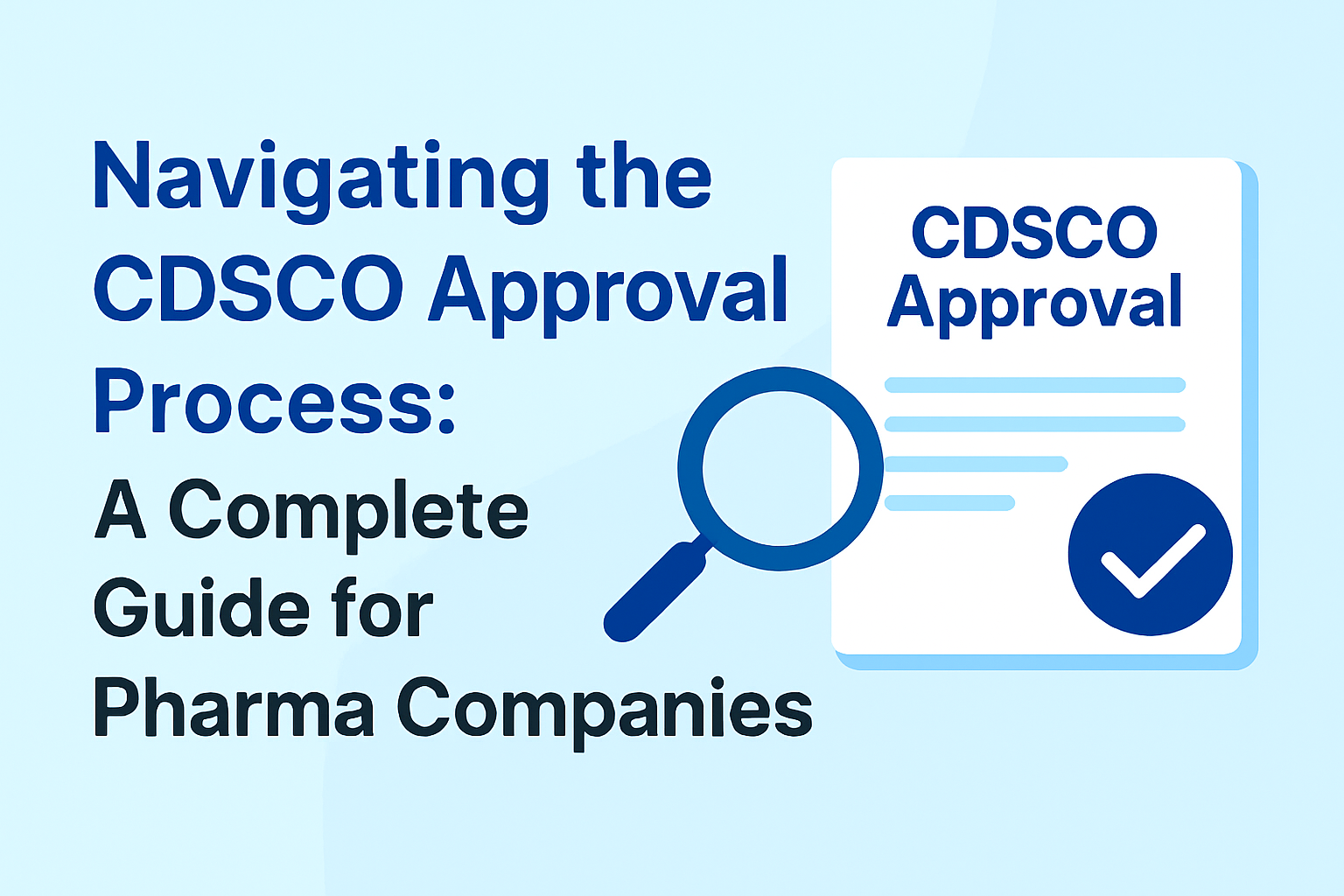Understanding NDCT Rules 2019: What Pharma Companies Must Know
Introduction
The New Drugs and Clinical Trials (NDCT) Rules, 2019, introduced by the Ministry of Health and Family Welfare, represent a major regulatory milestone in India’s pharmaceutical landscape. These rules were designed to streamline and simplify the process of clinical trial approvals, ethics committee registration, and new drug permissions. For pharmaceutical manufacturers, importers, CROs, and R&D centers, understanding the NDCT framework is essential for regulatory compliance and timely market access.

What are NDCT Rules 2019?
The NDCT Rules are an extension of the Drugs and Cosmetics Act, 1940, with a focus on regulating new drugs, investigational new drugs, clinical trials, bioavailability (BA)/bioequivalence (BE) studies, and ethics committees. The rules aim to establish clear timelines, ensure transparency, and safeguard patient safety throughout the drug development and testing process.
Why NDCT Rules Matter to Pharma Companies
For pharmaceutical companies engaged in research and innovation, the NDCT Rules offer a defined process for obtaining permissions, filing submissions, and conducting clinical or BA/BE studies. These rules have replaced earlier ambiguities with time-bound decision-making, reducing delays and improving predictability for businesses.
Key Compliance Areas Under NDCT Rules
Application and approval for clinical trials, including Form CT-04, CT-06, CT-07
Ethics Committee registration using Form CT-01/02
Import or manufacture of new drugs for clinical trials, with CT-10 to CT-23 forms
R&D site approvals for test licenses (Form 29/30)
Documentation of protocols, product transfer reports, and trial outcomes
Challenges and Considerations
While NDCT Rules bring structure, navigating them without experienced regulatory support can be challenging. Each form requires specific documentation, timelines must be strictly followed, and authorities like CDSCO and DCGI expect accuracy in every submission.
How AAHVI PHARMA Helps
At AAHVI PHARMA, we assist pharma companies in understanding and implementing NDCT compliance across all levels—from dossier preparation and form submissions to liaising with regulatory authorities. We ensure all protocol designs, ethics registrations, and CT form filings are accurate, timely, and aligned with the latest compliance norms.
Conclusion
The NDCT Rules 2019 are a step toward modernization and efficiency in India’s drug development ecosystem. For companies involved in clinical research, drug manufacturing, or new product launches, compliance is both a legal necessity and a business advantage. With expert regulatory guidance, navigating NDCT can become a streamlined part of your pharma journey.


